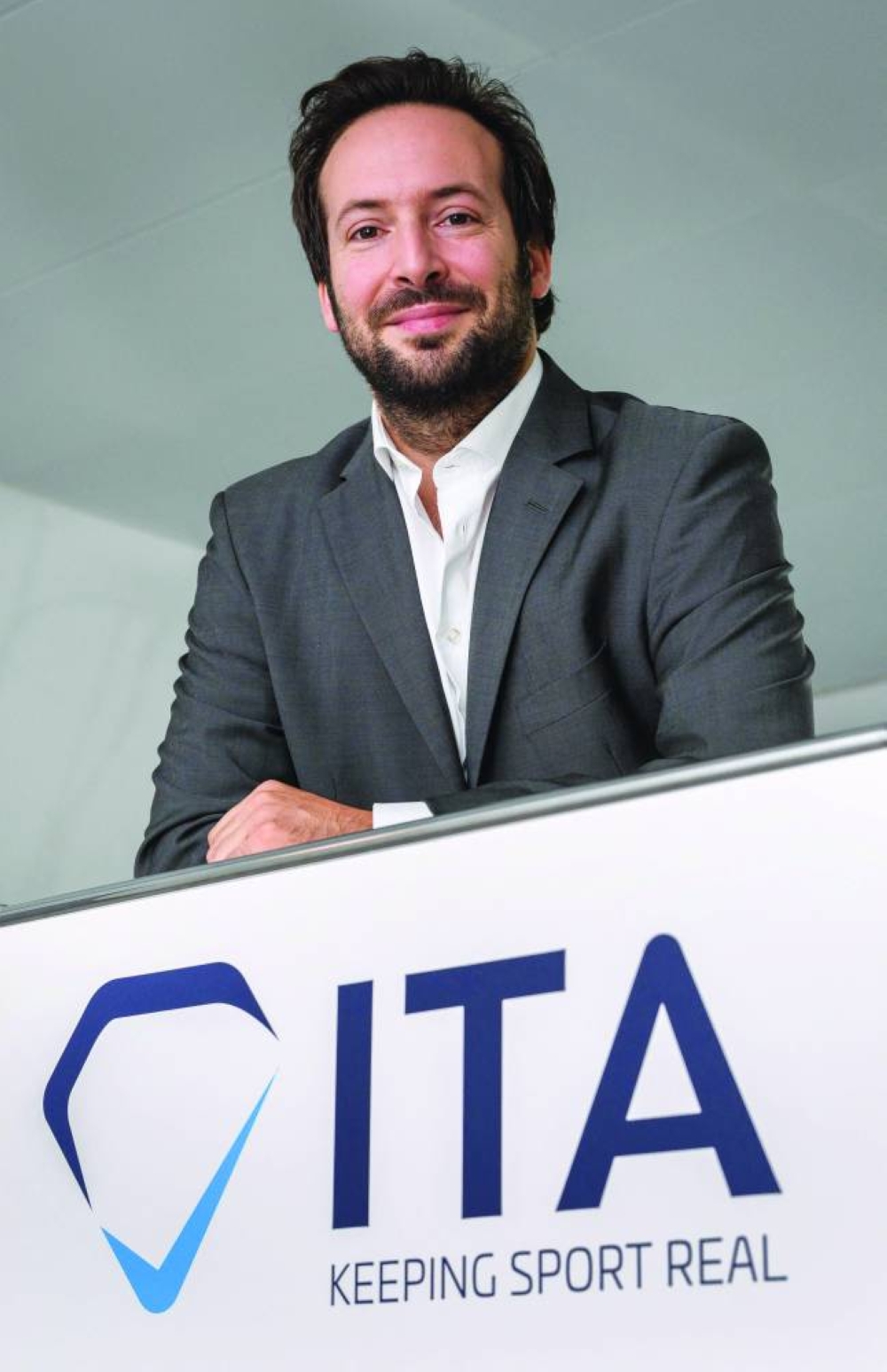In the battle against drug use at the Paris Olympics, the International Testing Agency (ITA) plans to deploy a more streamlined, high-tech approach to identify and target potential cheats.
In an interview with AFP, Benjamin Cohen, director-general of the ITA, said potential tools as its disposal included biological and performance passports as well as a mountain of other data.
Upgraded software, possibly using artificial intelligence, could also help; an investigative unit aided by whistleblowers was making inroads; and increased co-operation with sports bodies and police was bearing fruit.
ITA, which was founded in 2018, runs the anti-doping programme for the Olympics, the Tour de France and “more than 65 international organisations”, said Cohen.
The challenge was to refine the “risk analysis” and identify athletes to monitor using as little time and resources as possible, said Cohen, a Swiss lawyer who has headed the agency since its creation.
The problem is accentuated in the run-up to the Paris Games.
“We still have 30,000 potentially qualifying athletes and we cannot wait to have the final list to focus on the 11,000 participants,” Cohen said.
“Certain doping practices enable athletes to achieve results very quickly,” he said. “Traditionally the pre-Olympic period is high-risk time...the last moment to make a difference. Athletes know that they will be very closely monitored at the Olympics, so I would hope that very few, if any, will be tempted to take drugs in the Olympic Village in Paris.”
At the Games, only medallists are automatically tested, but ITA wants to find ways to target potential dopers before the finish.
Cohen said ITA tries to identify patterns. They look at the demands of each discipline and the substances it might tempt athletes to use. Then ITA looks at delegations and “the history of doping in that country”. Finally, it scrutinises each individual athlete and “the development of his or her performances, any suspicious biological passport profiles, suspicious anti-doping tests, and so on. That’s hundreds of thousands of pieces of data.”
“Today we have our own software, and the next stage” will involve “programming computers to extract this data, because we still do a lot of this work manually.” After that, the ITA hopes to “seize all the opportunities offered by artificial intelligence”, provided “we use these new tools ethically.” “If it’s done properly,” he said. “AI will enable us to go much further in risk analysis and prediction.”
ITA is developing a “performance passport” as a counterpart to the long-established biological passport. The objective is to “predict results on the basis of what an athlete has done over the last four years”, said Cohen.
“Artificial intelligence will enable us to say: ‘this is really an unusual result, which could suggest doping’,” he said. “It could help us flag them.”
The performance passport project was initially tested in swimming and weightlifting, two indoor sports where athletes compete in identical environments each time.

